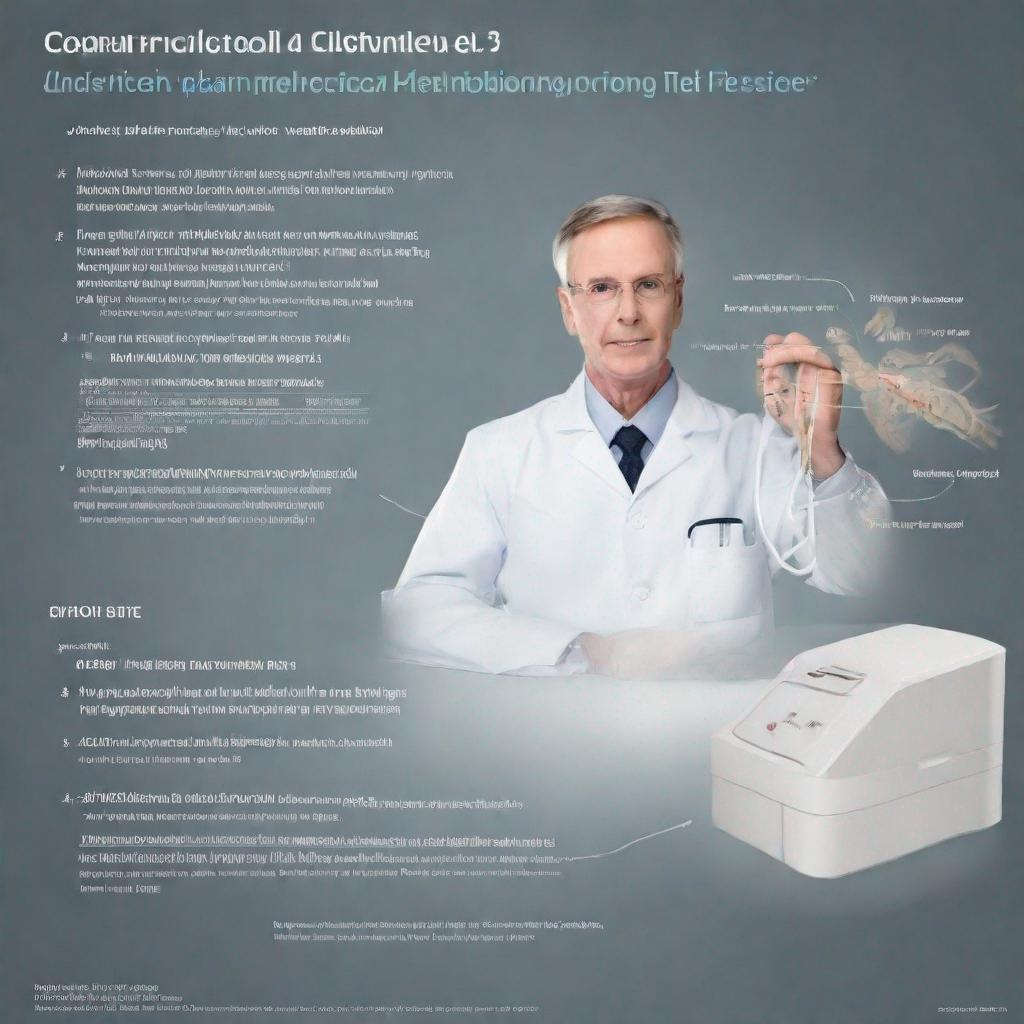## Evoked Potential: A Comprehensive Guide
### Introduction
An evoked potential (EP) is a neurophysiological test that measures the electrical activity of the brain in response to specific stimuli. It is a valuable tool in diagnosing and evaluating various neurological conditions and disorders.
### Procedure
An EP test involves applying a specific stimulus to the patient, such as a sound, light, or electrical pulse. Electrodes are placed on the scalp or other parts of the body to record the brain’s electrical responses to these stimuli. The test is typically performed by a neurologist or neurophysiologist.
### Diagnosis
EPs can help identify a wide range of conditions, including:
– Neuropathy
– Multiple sclerosis
– Parkinson’s disease
– Epilepsy
– Stroke
– Brain tumors
– Coma
– Encephalitis
– Meningitis
These conditions can affect sensory, motor, or cognitive functions, and EPs can provide valuable information about the integrity and function of the neural pathways involved.
### Importance
EP tests are important because they provide objective and sensitive measures of brain function. They can detect subtle abnormalities that may not be evident from a physical or neurological examination alone. EPs can also help differentiate between different conditions, monitor disease progression, and guide treatment decisions.
### Alternatives
Alternative tests that can be used to assess neurological function include:
– Electroencephalography (EEG)
– Electromyography (EMG)
– Nerve conduction study
– Magnetic resonance imaging (MRI)
– Computed tomography (CT)
### Preparation
Prior to an EP test, patients may be asked to:
– Fast for a certain period of time
– Avoid caffeine and alcohol
– Wash their hair without applying any products
### Duration
EP tests usually take between 30 minutes to 2 hours to complete. The time it takes to receive results varies depending on the type of EP test performed and the specific clinical setting.
### Recommendations
In conjunction with EPs, other tests that may be recommended include:
– Neurological examination
– Imaging studies (e.g., MRI, CT)
– Blood tests
– Cognitive assessments
### Conclusion
Evoked potential (EP) is a valuable test for diagnosing and evaluating neurological conditions. It provides objective and sensitive measures of brain function, helping clinicians make informed decisions about diagnosis, treatment, and prognosis.



